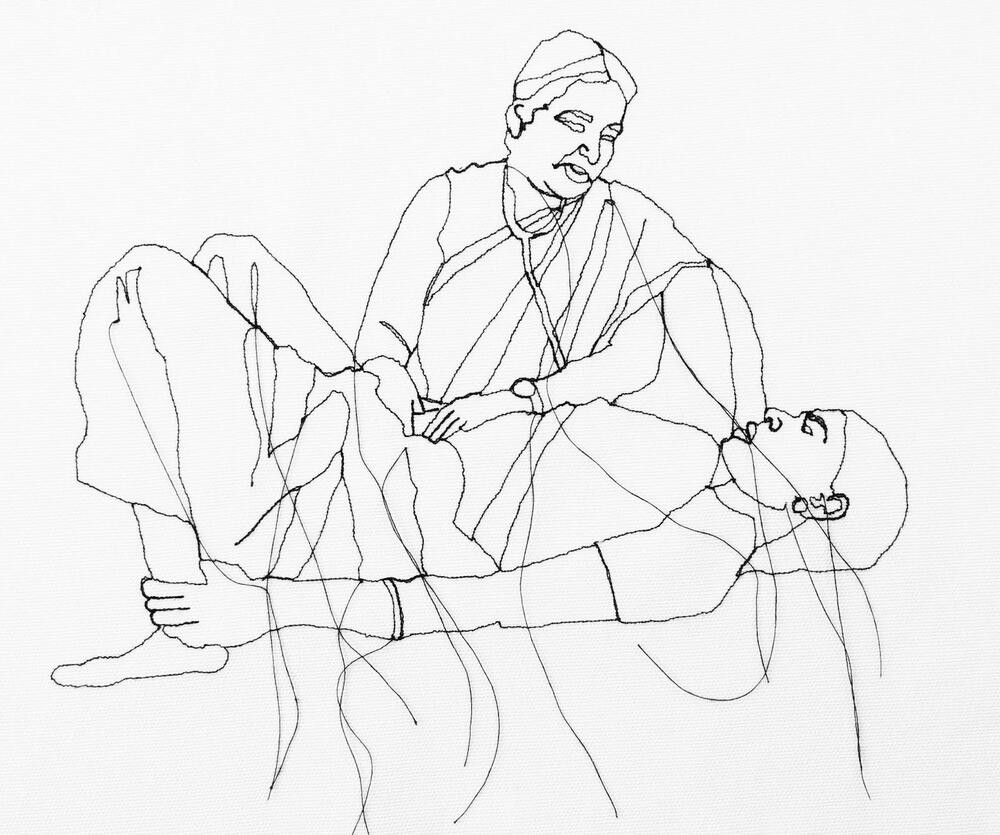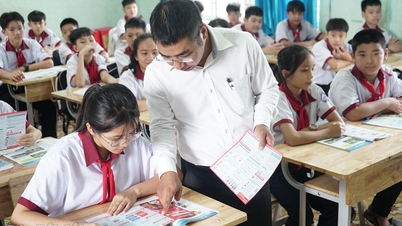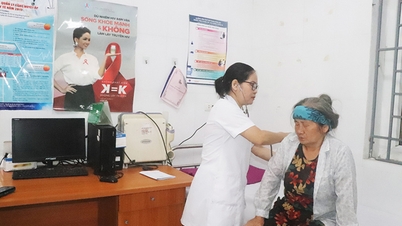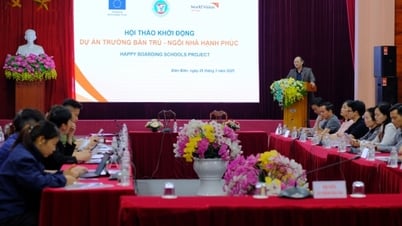 |
| Poor women and children from ethnic, racial, and indigenous minority groups are disproportionately vulnerable to death due to lack of timely medical care. |
This is one of the findings in the State of World Population 2024 report, titled “Intertwined Lives, Threads of Hope: Ending Inequalities in Sexual and Reproductive Health and Rights,” released by the United Nations Population Fund (UNFPA) today (April 17).
UNFPA is the United Nations agency dedicated to sexual and reproductive health (SRH).
The report highlights the impact of racism, sexism and other forms of discrimination that continue to hinder the achievement of shared sexual and reproductive health outcomes for women and girls.
The numbers speak for themselves.
Poor women and children from ethnic, racial and indigenous minority groups are disproportionately more likely to die from lack of timely medical care, the report said.
The document states that a woman in Africa who suffers a complication during pregnancy or childbirth is 130 times more likely to die than a woman in Europe or North America, while African women in the Americas are more likely to die during childbirth than white women.
In the United States in particular, this rate is three times higher than the national average.
It is estimated that more than half of all preventable maternal deaths occur in countries experiencing humanitarian crises or conflict – that’s nearly 500 deaths every day. Women from indigenous groups are also at risk of dying from causes related to pregnancy and childbirth.
Additionally, women with disabilities are 10 times more likely to experience gender-based violence than women without disabilities, while people with diverse sexual orientations and gender expressions also experience widespread violence and face significant barriers to accessing care.
Additionally, according to UNFPA, 800 women die every day in childbirth, a number that has not changed since 2016; one in four women cannot refuse sex, and nearly one in 10 women cannot make their own decisions about contraception.
In 40% of countries with data, data related to women's bodily autonomy are omitted.
Inequality in access to health care
Inequalities in access to health care also persist, with efforts to improve them largely benefiting wealthier women and people from ethnic groups who already have better access to health care.
 |
| Inequalities in access to health care persist. (Illustration by Rosie James on UNFPA) |
All women and girls from disabled groups, migrants and refugees and ethnic minorities, LGBTQIA+ communities, people living with HIV and other marginalized groups face increased risks of SRH and unequal access to SRH services.
Their vulnerabilities will be exacerbated by the impacts of climate change, humanitarian crises and mass migration, with disparate consequences for women who are forgotten in society.
In addition, there is a painful reality that many women and girls cannot access contraception, safe childbirth services, and do not receive respectful maternal care and other basic SRH services.
Progress under threat
These sobering data are presented in the context of 2024, marking the 30th anniversary of the International Conference on Population and Development held in Cairo, Egypt, where 179 participating governments committed to putting SRH and reproductive health and their corresponding rights at the heart of sustainable development.
“We have reduced unintended pregnancies by almost a fifth, we have reduced maternal mortality by a third and more than 160 countries have laws against domestic violence,” said UNFPA Executive Director Dr Natalia Kanem.
However, despite the progress made, inequalities within societies and within health systems remain enormous.
Noting that the world has not yet truly prioritized those left behind, Dr Kanem said our work “is not done but that does not mean it cannot be achieved with sustained investment and global solidarity.”
The UNFPA report points to the importance of designing programmes that meet the needs of communities – rather than a blanket, one-size-fits-all approach – and empowering women and girls to come up with and implement innovative solutions.
According to the paper, if we invested an additional $79 billion in low- and middle-income countries by 2030, we would prevent 400 million unintended pregnancies, save 1 million lives and generate $660 billion in economic benefits.
Source





![[Photo] Readers line up to visit the photo exhibition and receive a special publication commemorating the 135th birthday of President Ho Chi Minh at Nhan Dan Newspaper](https://vphoto.vietnam.vn/thumb/1200x675/vietnam/resource/IMAGE/2025/5/17/85b3197fc6bd43e6a9ee4db15101005b)
![[Photo] More than 17,000 candidates participate in the 2025 SPT Competency Assessment Test of Hanoi National University of Education](https://vphoto.vietnam.vn/thumb/1200x675/vietnam/resource/IMAGE/2025/5/17/e538d9a1636c407cbb211b314e6303fd)
![[Photo] Prime Minister Pham Minh Chinh chairs meeting on science and technology development](https://vphoto.vietnam.vn/thumb/1200x675/vietnam/resource/IMAGE/2025/5/17/ae80dd74c384439789b12013c738a045)


























![[Photo] Nearly 3,000 students moved by stories about soldiers](https://vphoto.vietnam.vn/thumb/1200x675/vietnam/resource/IMAGE/2025/5/17/21da57c8241e42438b423eaa37215e0e)






































































Comment (0)